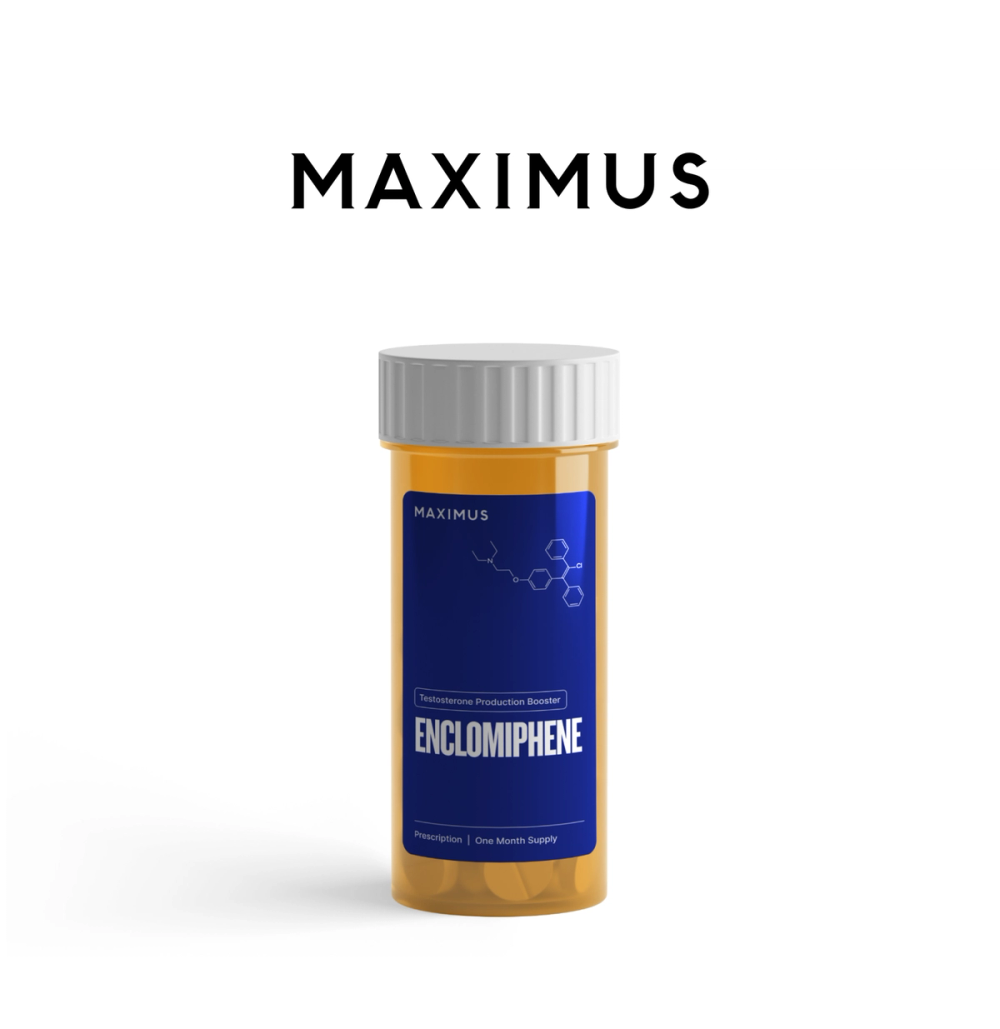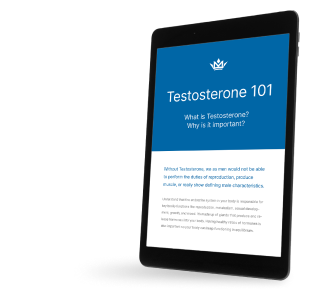Some important takeaways:
- Research shows that consuming refined seed oils may contribute to inflammation, which is linked to heart disease and other conditions.
- When refined seed oils are heated to high temperatures, such as when deep-frying, there can be many negative health impacts.
- Making the effort to eliminate highly processed foods packed with sodium, sugar, and refined seed oils is a net positive.
Up until about 100 years ago, humans did a lot of their cooking with animal fat: lard from pigs, tallow from beef, and ghee, which is a clarified butter. But things have shifted in a big way, with people leaving these animal fats behind for highly refined vegetable oils also known as seed oils.
As the name suggests, seed oils are oils made from plant seeds. And, well, these oils are everywhere now. Canola oil is probably the most common, but other popular seed oils include grapeseed, sunflower, soybean, safflower, corn, and peanut oil.
Because of their mild flavor, seed oils are used in many different foods like salad dressing, granola, potato chips, and even oat milk. Yes, you read that right — seed oils are used in many alternative milks like oat milk and almond milk. They’re also used all the time in restaurants for deep frying, as well as by companies producing highly processed foods.
Recently, there’s been a lot of talk about how seed oils may not be the greatest for our health. Since they’re so common, we wanted to get to the bottom of it. Let’s see what the science says about refined seed oils.
Are seed oils bad for you?
Whether a seed oil is unhealthy depends on the specific food it’s in and how that food was made. Here are a few things to consider:
Seed oils are often used in highly-processed foods, which generally aren’t good for you
Many of the risks in consuming seed oils relate to how they’re processed.
If you use some seed oils while cooking at home as part of a diet that’s high in omega 3-rich food sources like oily fish, some seed oils here and there aren’t going to kill you. But you should probably skip the fast food french fries — for a number of reasons.
These days, many people consume a diet that’s loaded with fried and ultra-processed foods, many of which are made with seed oils. Beyond seed oils, these foods tend to also be high in sodium, refined carbs, and added sugars. In general, these ultra-processed foods aren’t doing any favors for your health.
During the refining process, seed oils lose beneficial nutrients
When seed oils are made, they often undergo a refining process to eliminate pollutants, lighten the color, and improve quality, color, and shelf life. However, this process also often removes beneficial properties like antioxidants and vitamins.
Seed oils shouldn’t be heated to high temperatures
In places like fast-food restaurants and factories making ultra processed foods, seed oils are frequently heated (and reheated) to super high temperatures, which isn’t great for your health. Some seed oils also contain high amounts of an omega-6 fatty acid called linoleic acid, which generates unhealthy compounds when heated beyond the oil’s smoke point and may contribute to oxidative stress in the body. Home cooking doesn’t pose as much of an issue, because you’re typically not using dangerously high temperatures.
Seed oils may contribute to inflammation
Another potential issue relates to the amount of omega-6 fatty acids in seed oils, as well as the ratio of omega-6 to omega-3 fatty acids. Omega-6 fatty acids are a type of polyunsaturated fats that work together with omega-3 fatty acids to help with many important roles in the body like bone health, metabolism, and reproduction. A healthy diet helps create a good balance of omega-3 and omega-6 fatty acids. But today’s standard diet includes way more omega-6 fatty acids than omega-3s. Why is this a problem? Overconsumption of some types of omega-6 fatty acids, such as linoleic acid and others that are prevalent in vegetable oils, might trigger inflammatory responses in the body.
While the body’s inflammatory response is originally intended to help your body heal, chronic inflammation is linked to a handful of conditions such as heart disease, arthritis, and metabolic syndrome.
Another study suggests the predominance of omega-6 seed oils may also lead to an overproduction of inflammatory metabolites that could increase the risk of allergies. Some studies, however, show that polyunsaturated fats don’t actually contribute to inflammation, so a lot more research is needed in this area to better understand the connection between the two.
Seed oils have been shown to disrupt hormones
There’s increasing evidence that seed oils can have a negative impact on hormones, including testosterone levels. Researchers are looking into a few different ways that this is happening. The first, which we just touched on, is that over-consuming seed oils can promote inflammation and obesity, both of which are associated with lower testosterone levels in men.
Additionally, most seed oils are high in omega-6 fatty acids, which are a type of polyunsaturated fatty acid (PUFA) that’s said to suppress thyroid functioning. This is problematic because the thyroid regulates metabolism and is important to the production of testosterone. Some studies suggest an association between high PUFA intake and markers that indicate reduced thyroid function, like lower levels of the thyroid hormones triiodothyronine (T3) and thyroxine (T4). Why are these hormones so important? Well, they influence the functioning of Leydig cells in the testes, which help produce testosterone. If the thyroid is underactive, as with a condition called hypothyroidism, this can lead to decreased stimulation of Leydig cells and reduced testosterone synthesis.
Dr. Cam’s Health Hack
Thinking about cutting refined seed oils from your life? Here’s what Dr. Cam recommends:
“Eliminating refined seed oils is the best thing you can do for your diet next to sugar.
Use animal fats for cooking: ghee, butter, tallow, lard.
Use fruit flesh fats for flavoring: olive, coconut, avocado, and sustainable red palm oil.”
Disclaimer: The contents of this article, including, but not limited to, text, graphics, images, and other information, is for information purposes only and does not constitute medical advice. The information contained herein is not a substitute for and should never be relied upon for professional medical advice. The content is not meant to be complete or exhaustive or to be applicable to any specific individual's medical condition. You should consult a licensed healthcare professional before starting any health protocol and seek the advice of your physician or other medical professional if you have questions or concerns about a medical condition. Always talk to your doctor about the risks and benefits of any treatment. Never disregard or delay seeking professional medical advice or treatment because of something you have read on this site. Maximus does not recommend, endorse, or make any representation about the efficacy, appropriateness, or suitability of any specific test, products, procedures, treatments, services, opinions, healthcare providers or other information contained herein. Maximus is not responsible for, nor will they bear any liability for, the content provided herein or any actions or outcomes resulting from or related to its use.








